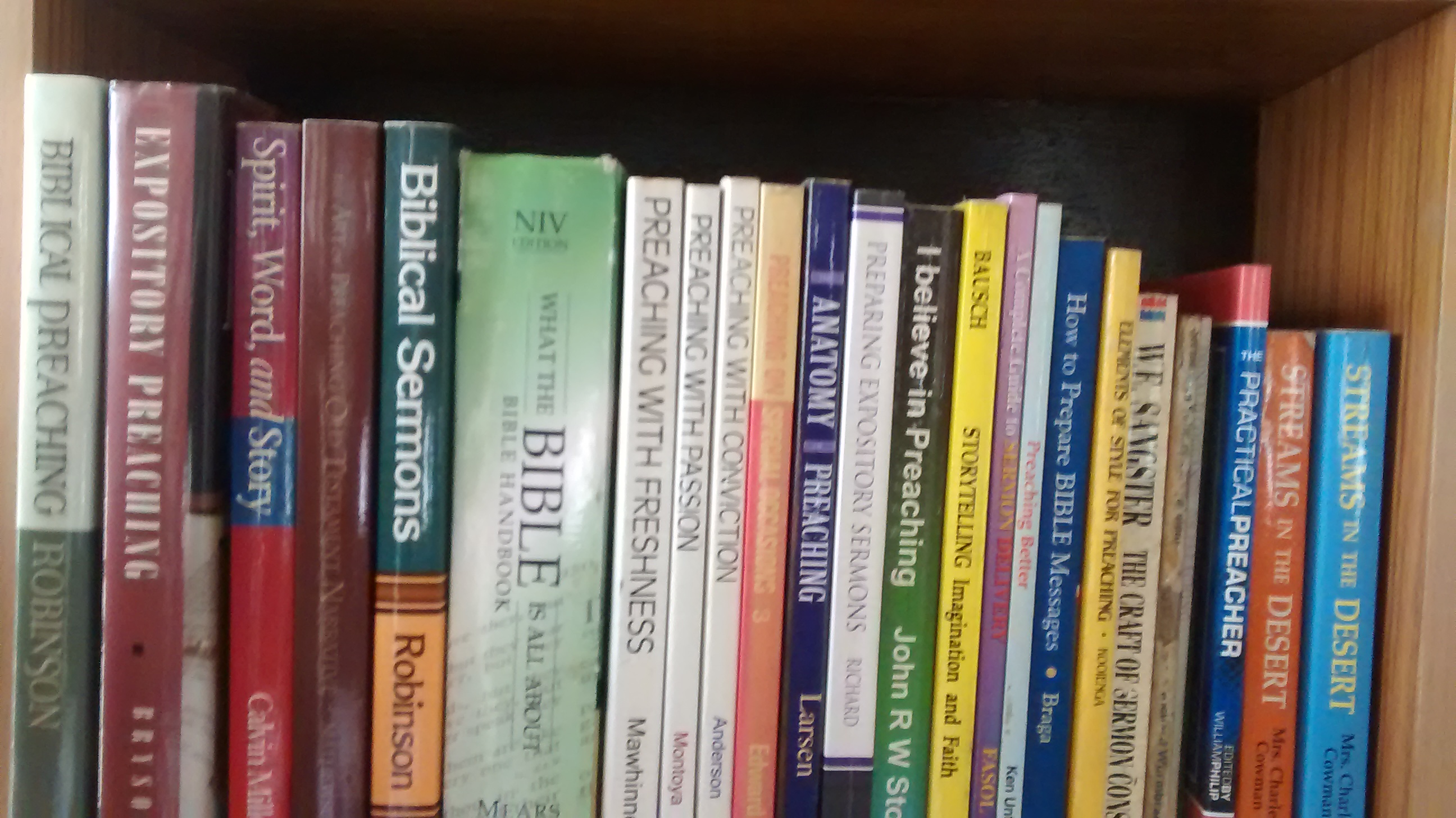Mobile phones have changed the way people communicate. Everywhere you see people talking over phone while on the move.… Read the rest
Motivational Speech on Women Empowerment: Myth or Reality?
Today, in contrast to the past centuries, we find women literate, educated, and liberated to lead. We find their surge forward not only in the political front, but also in social life where they act as agents of change contributing to economic development as well.… Read the rest
A Student’s Inspiring Election Campaign Speech for the Post of School Leader!
Jesus of Nazareth Our Burden-Bearer
A burden becomes too heavy to carry at times.
It is at those moments that you look for someone who has passed through such trouble to come and be with you.… Read the rest
Speech on Why “Laughter Is the Best Medicine!”
My dear friends,
The ability to laugh is God-given. It is best seen when children come together and play. What an amazing thing it is how they laugh and have fun.… Read the rest
My Favourite Nursery Rhyme
Dear Friends,
Is there any one among you who has never looked at the dark night sky? I hope there is none.… Read the rest
Run! Life Is a Race!
This post is dedicated to the memory of Eric Lidell, the Flying Scotsman, who won the gold medal in the 400 metres race in the 1924 Paris Olympics.… Read the rest
Do Films Influence Youth?
And the Oscar for the best director goes to . . .
The world listens in eager anticipation to these words every year.… Read the rest
Are You Employable?
Companies and Organisations are looking for people who can deliver. Are you one who has the potential to be selected?
Employability is not just about getting a job but making yourself an asset to the company.… Read the rest
Christmas Is the Joy of Lost and Found! Is That Someone You?
Have you ever been lost somewhere in a crowd? And you had to wait anxiously for someone to come and find you out.… Read the rest
Cartoons in a World of Good and Bad
Cartoons are part of a child’s life. Whether watching cartoons is good or bad has been debated much as well.
One of the positive elements said about cartoons is that it helps a child learn words at a very early age quite effortlessly.… Read the rest
What Do You Do in Secret?
Now why did you click on this link?
That is the power of having such a title for your speech. Of course, it should be related to the subject under discussion.… Read the rest
3 Top Secrets of Love in Marriage You Wish You Knew!
Love has always been understood as a beautiful feeling. Sometimes it cannot be described in words fully.
But love is more than a feeling.… Read the rest
2 Minute Speech for School Children On Science and Development
From the time the first wheel started rolling, the world has progressed in leaps and bounds. When the wheel gathered momentum and speed with the arrival of the combustion engine, a new era had dawned in human history.… Read the rest
3 Secrets on How to Make Yourself Look More Beautiful!
To be beautiful and lovely, to be handsome and attractive, to be admired and appreciated; these are the longing of every human heart.… Read the rest
1 Minute Speech for Nursery Children on Family
Respected teacher and my dear friends,
Family is God’s gift to us. A family begins when a man and woman is joined together in marriage to become husband and wife.… Read the rest
Applying for a Job? Tips to Write a Smart Résumé/CV/Biodata
Biodata/Résumé/CV though interchangeably used has differences. This article is not trying to highlight the differences but is to help you create a better impression about yourself to your prospective employer.… Read the rest
Do You Know to Ask the Right Questions?
When was the last time you asked an intelligent question? Why is that the frequency of your questions decreased as you grew from a child to an adult?… Read the rest
1 Minute Speech on Magicians and the Magic of Words!
Magicians communicate effectively. In other words without using words with felicity, one cannot be a successful magician.
A magician is an excellent public speaker.… Read the rest
A Speech for School Children on the Importance of Discipline in Life
No one has become successful and maintained it without discipline. Talent, opportunity, passion, ambition, hard work and perseverance all have their contribution to make to success.… Read the rest
A Speech for School Children on the Problem of Stray Dogs
Dear Friends,
What is your stand on the problem of stray dogs? Let me assume that as an animal lover you would like to protect stray dogs.… Read the rest
A Speech for School Children on the Importance of Books and Reading
Why is reading important? It is important because it is a habit that can make you a better person. Biographies of great men and women tell us that most of them became great because of the inspiration they got from reading books especially during their childhood days.… Read the rest
1 Minute Speech for School Children on the Importance of Education
Dear friends,
Education is not just literacy. In other words a literate person may not be educated at all. The point is that education is about having a goal—the goal of equipping a person face life well.… Read the rest
Speech for School Children on Dr. A. P. J. Abdul Kalam the Missile Man of India and a Dreamer!
Dr. A. P. J. Abdul Kalam was a man who dreamed and whose passion in life was to inspire others to dream.… Read the rest
The Usefulness of To Do Lists
Ideally, your day should start yesterday.
Just before you go to sleep, thank God for all the work you could do this day.… Read the rest
Sample Speech on Proudest Moment of My Life
Respected teachers and my dear friends,
A warm good morning to one and all.
If you ask people about the proudest moment of their lives, they come up with a variety of responses.… Read the rest
7 Tips for a Happy Life!
#1. Be Thankful
Do you always complain? Or do you find something in your worst circumstances to be thankful for? If you can be thankful to God for all the blessings, big and small, that you enjoy in life, it can be your first step to lead a happy life.… Read the rest
“Am I Good Enough?”
Without doubt, stage fright is intimately wedded to the thought “Am I good enough?”
Now, what is the truth regarding this thought?… Read the rest
1 Minute Speech for Children on the Importance of Obeying Traffic Rules
Good morning friends,
What is that in bold and black that you notice in newspapers every morning? It is the heart-breaking news of people getting badly injured or losing their precious lives in road accidents.… Read the rest
Compere Script for the Song Would You Be Free From the Burden of Sin
 The precious blood of Jesus which he shed on the cross of Calvary for the sins of all mankind has tremendous power.… Read the rest
The precious blood of Jesus which he shed on the cross of Calvary for the sins of all mankind has tremendous power.… Read the rest




